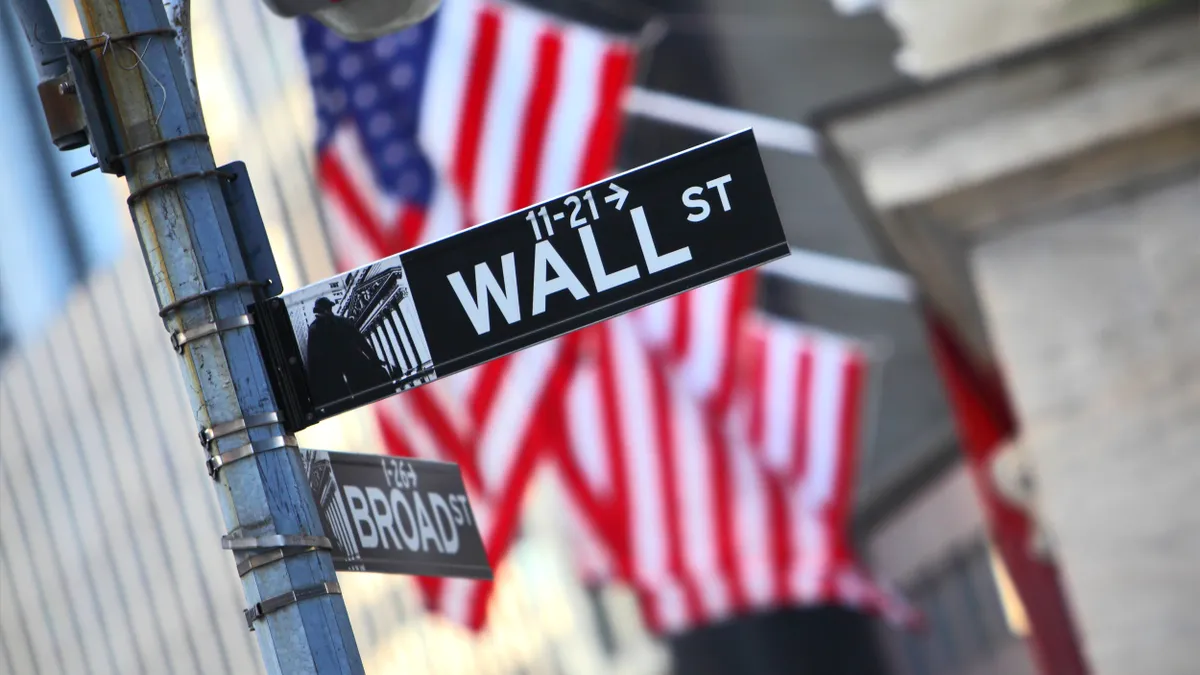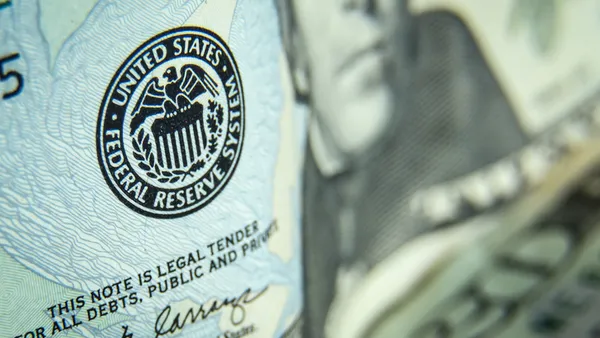The U.S. Senate on Wednesday confirmed Gary Gensler, a former head of the Commodity Futures Trading Commission (CFTC), to lead the Securities and Exchange Commission (SEC) in a 53-45 vote.
Gensler, a former Goldman Sachs partner, has broad experience in financial regulation serving Democratic administrations and is expected to tighten regulation of Wall Street. While chair of the CFTC from 2009 until 2014, Gensler led a transformation of the $400 trillion swaps market. He also helped craft the Dodd-Frank law, the main legislative response to the 2007-2008 financial crisis.
Earlier, during the Clinton administration, Gensler served as Under Secretary of the Treasury for Domestic Finance and Assistant Secretary of the Treasury. He is currently a professor at the MIT Sloan School of Management, focusing on blockchain technology, digital currencies, financial technology and public policy.
The U.S. Chamber of Commerce, the country’s biggest business lobbying organization, endorsed Gensler’s nomination. His “experience will be critical to ensuring businesses, especially small and emerging growth companies, are able to access needed capital so that they can grow and help enable a robust economic recovery,” Neil Bradley, the chamber’s executive vice president, said in a letter last month to the Senate Banking Committee.
“The Chamber has a history of working constructively with Mr. Gensler, including on issues where we may disagree, and expect he will be a balanced leader of the SEC and strong supporter of competitive capital markets,” he said.
As chair of the CFTC, the federal government's main derivatives regulator, Gensler is credited with creating a framework for regulating the over-the-counter swaps market and going after banks whose manipulation of the London Interbank Offered Rate (LIBOR) ultimately prompted regulators to start phasing out the reference rate.
After leaving the CFTC, Gensler joined Hillary Clinton's 2016 presidential campaign as its CFO.
Gensler will likely be sworn in as SEC chair soon. Analysts expect he will roll back many of the Trump administration's regulatory efforts, including eased rules to encourage more companies to go public and to allow companies to pay gig workers partially in equity stakes.
“Gary will actually look out for Mr. and Mrs. 401(k) and Main Street investors," Better Markets CEO Dennis Kelleher said in an Axios report. "Gary is the right choice to lead the SEC in a new direction."
Gensler is expected to seek tougher disclosure rules, tighten firewalls between companies and their auditors and press companies to disclose their environmental, social and governance (ESG) performance.
CFOs can expect greater SEC scrutiny of their company's control processes and COVID-19-related reporting, attorneys say. Highly lucrative special purpose acquisition companies (SPACs) are also expected to be a focus.
"We expect to see an uptick in enforcement," John Nowak, an attorney with Paul Hastings, said in a webcast hosted by the law firm.
Until he's sworn in, Allison Herren Lee is serving as acting SEC chair.












